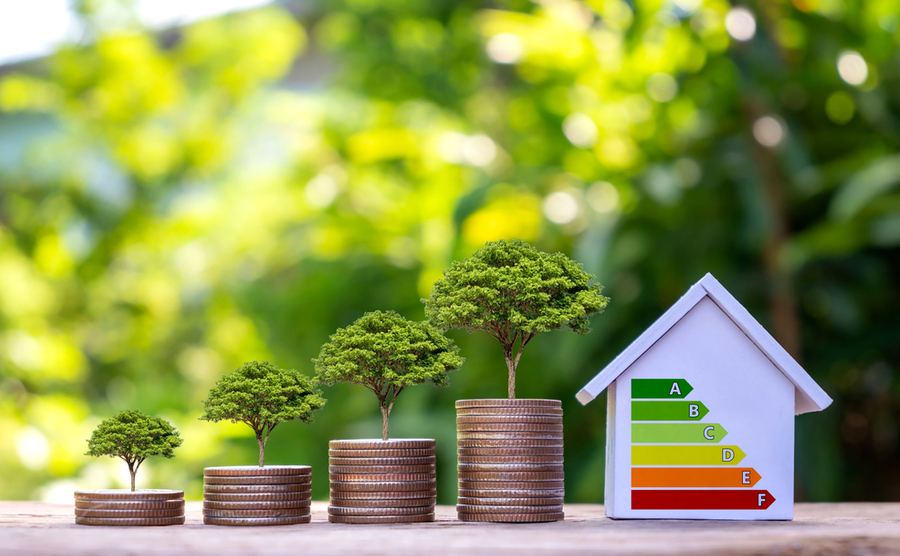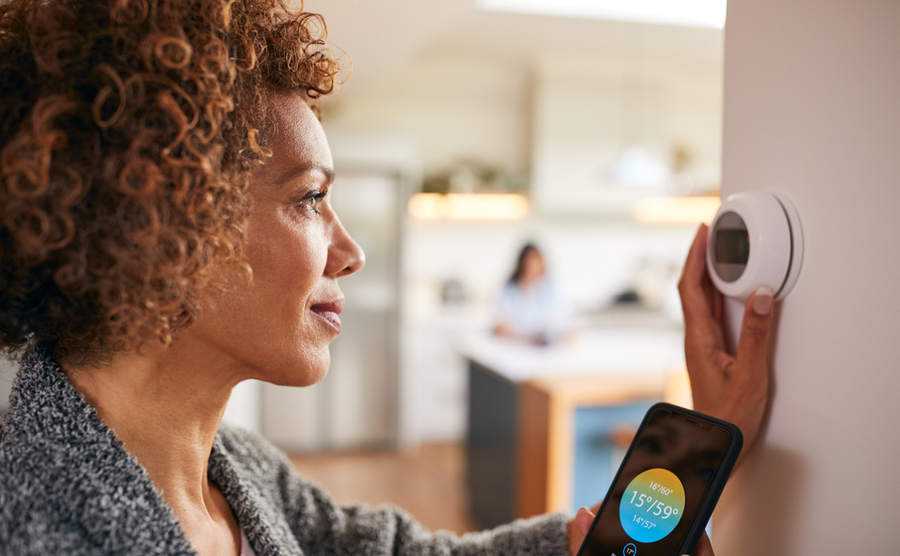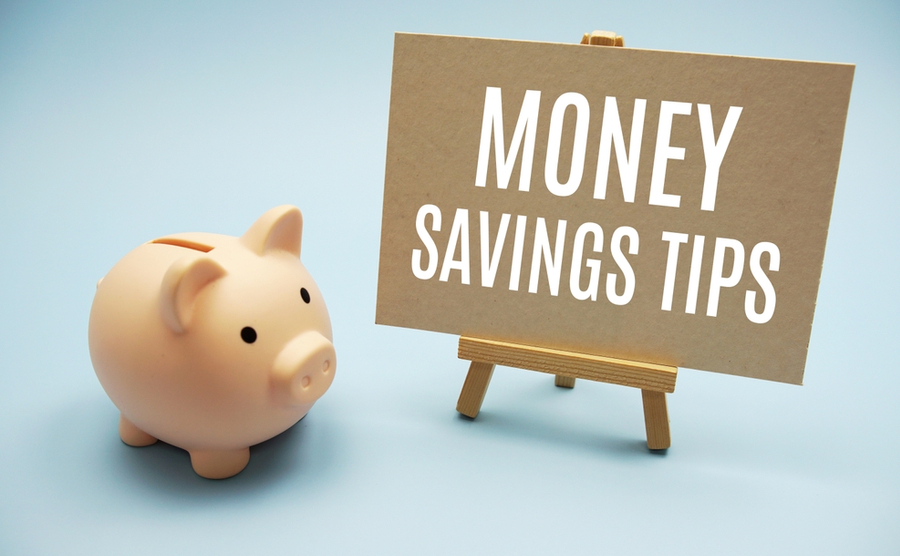We’re all affected by the current increase in utility bills. However, there’s good news in France as the country is set to keep its energy price cap for next year in order to protect consumers. This was announced in September by the French budget minister. Furthermore, the prime minister announced that regulated electricity and gas prices will be capped at a 15% rise next year.
In January, gas prices will be capped at 15%. The same goes for electricity prices which will be capped from February 2023. There will also be a cash aid of either €100 or €200 for 12 million low-income households, controlled by means testing. The prime minister maintains that France is protecting its consumers the most out of all European countries.

The concept of energy efficiency in a home
What is the most economical heating option in France?
France offers several options for heating your home, whereas in the UK most homes have either electric or gas central heating. There are also several ways in which you can cut down on costs. Let’s take a look at the various options for heating your home and explore the different ways you can save.
Woodburners
Woodburners are very popular in France. Not only do they chuck out excellent heat but they come out pretty much the cheapest option for heating your home. You can choose between wood or pellet-burning woodburners (poele a bois or poele a granules in French). They can also be combined with your boiler to feed radiators throughout the house. Wood is available in all areas and can be usually delivered to your home for a minimum amount of 3 “steres” or cubic metres. It usualy works out at about €80 per stere. Pellet stoves are cleaner to deal with and you don’t need so much space for storage!
Gas boilers
If you are connected to mains gas, this is a good and reasonably economical option. If you are not connected to mains gas, you may be able to get this done by asking at your mairie. You will need to pay for the connection and its feasibility will depend on how far away your nearest connection is.
Oil boilers
France has discontinued the installation of oil boilers from July 2023, so this is not really an option going forward. There are many rural properties where oil is still used but unless it’s not possible to install any other form of heating, you will not be able to get an oil boiler.

A woman adjusts the thermostat on her central heating to be more energy efficient
Electric heating
This is probably the most convenient and easiest to install but may be expensive. Electric heating can be beneficial to smaller homes that are well-insulated. That’s why it’s key to make sure your home is well insulated in order to get the best from this form of heating.
Solar energy
Over the last few years solar energy has unsurprisingly become more popular in France. Solar heating systems heat water which is distributed via radiators through your home. Although installing solar panels costs at least €1,000 per square metre, this will amount to over €15,000 for a full installation so it is a big outlay. The upside however is that after that it is virtually free. Obviously this will only work in an area where there is a good deal of sunshine so if you are in the north of France, this option may not be the best for you.
Find homes in France via our property portal.
Grants for improving your French heating
It may be possible to take advantage of the government’s grants for upgrading your heating system. There are several grants available of up to around €10,000 for owners who need to replace their oil heating system or even to improve insulation. You do need to bear in mind that the grants are only available to tax payers in France however so this will not apply to second home owners in France. The site “maprimerenov” has more information or you can ask at your local mairie.
A few tips to make your home more energy efficient.
1. Make sure your home is well insulated with any gaps and cracks in windows well sealed. Check that your roof is in good shape with a local builder. A little money spent now will save you in the long run. Keep your shutters closed at night time to keep the warm air in.
2. Replacing any single glazed windows with double glazed will save you money in the long run and keep you warmer too.
3. If you have a woodburner, keep it well-lit until late in the evening and close the door so that when you get up, at least one room is still cosy and warm in the morning.
4. Check your light bulbs are all LEDs. Much cheaper and more environmentally friendly.
5. Find out when your cheapest electricity tariff kicks in. Whoever your electricity provider is in France, you should be offered different prices for certain hours. Normally the cheaper hours are during night time (these are called “heures creuses”), with peak hours being during the day so leave putting on the dishwasher or washing machine until you go to bed.
6. Try to dry your clothes and bed linen outdoors on good days or simply drape over an airer in a warm spot. Tumble dryers are one of the most expensive appliances and should be used sparingly! There’s also the option of heated airers which plug into the mains outlet. It could be a better option for large houses that don’t need heating on, but when clothes need drying.
Finally, and still on the subject of heating in winter, don’t forget that if you receive a UK pension and live in France or have a second home there, you can still receive the Winter Fuel Payment which has been increased this year to $250. Contact the UK Pensions Office who are normally very helpful.











